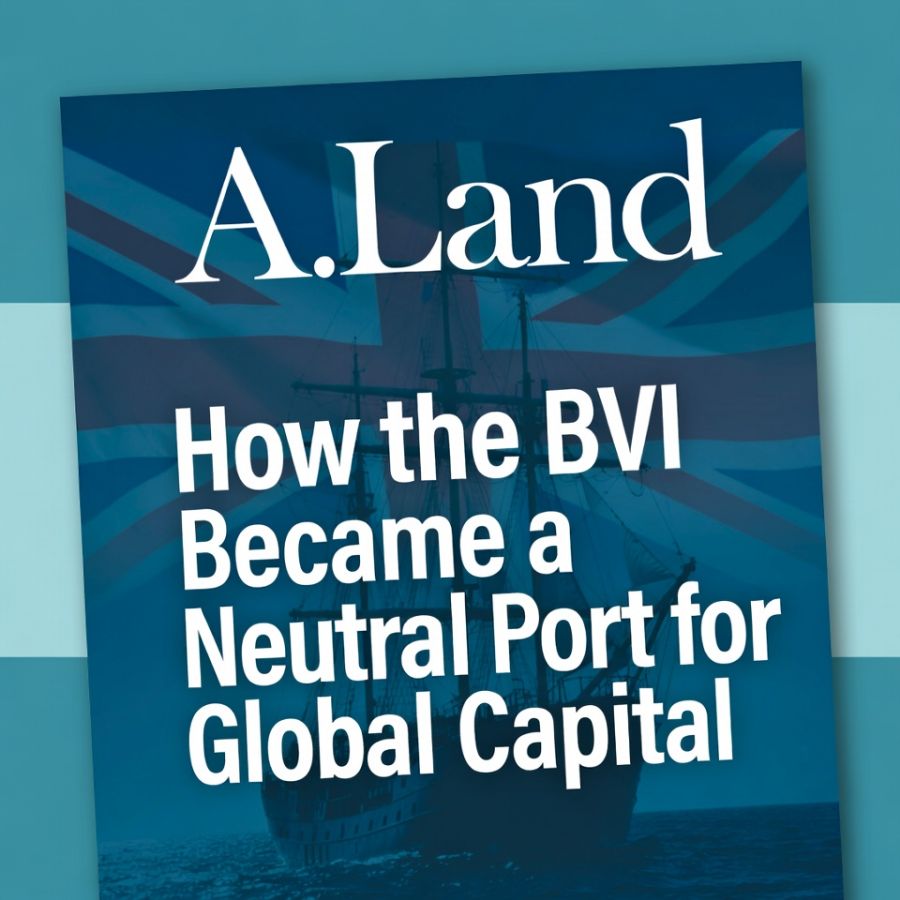12 Feb 2026 (0) UAE Residency Through Premium Company Formation: High-Value Pathways for Entrepreneurs and Investors Seeking Tax Residency and Ecosystem Access
The entrepreneur relocating to the UAE and the investor acquiring residency through a company formation share an overlapping but not identical set of priorities, and confusing the two is how expensive structural mistakes begin. The UAE attracts both profiles for reasons that stand up to scrutiny. A dirham pegged to the US dollar means portfolio values and operating revenues are not quietly eroded by the currency they are denominated in. Physical infrastructure operates at a standard that most emerging economies aspire to and many developed ones have allowed to degrade. Direct flight connectivity from Dubai and Abu Dhabi reaches virtually every major financial centre in Asia, Europe, Africa, and the Americas within a single working day. A regulatory environment that has deliberately moved toward international compliance standards, including corporate tax, economic substance regulations, and beneficial ownership transparency, makes the jurisdiction increasingly defensible when foreign tax authorities or institutional counterparties evaluate where a business is domiciled.
















































